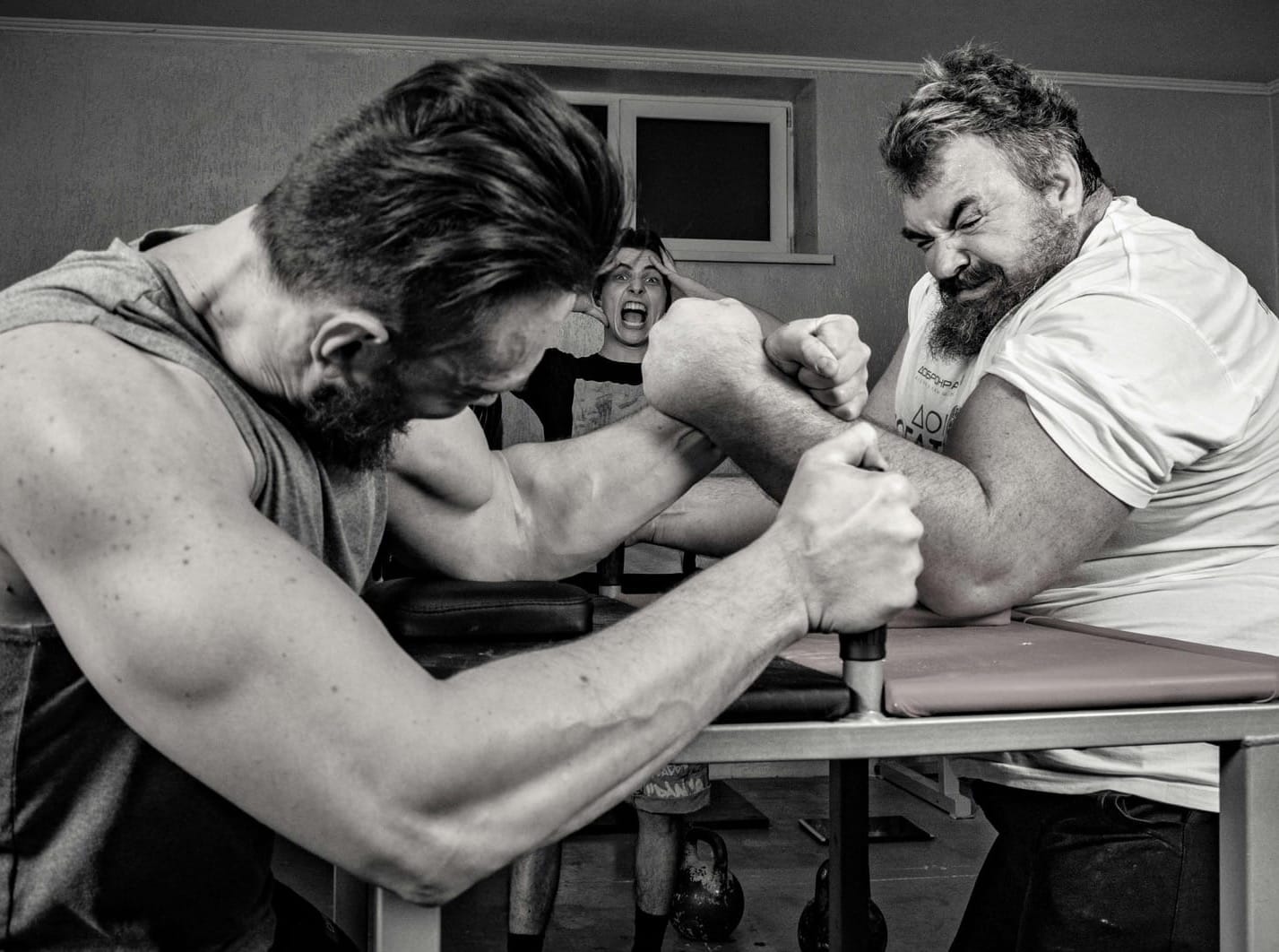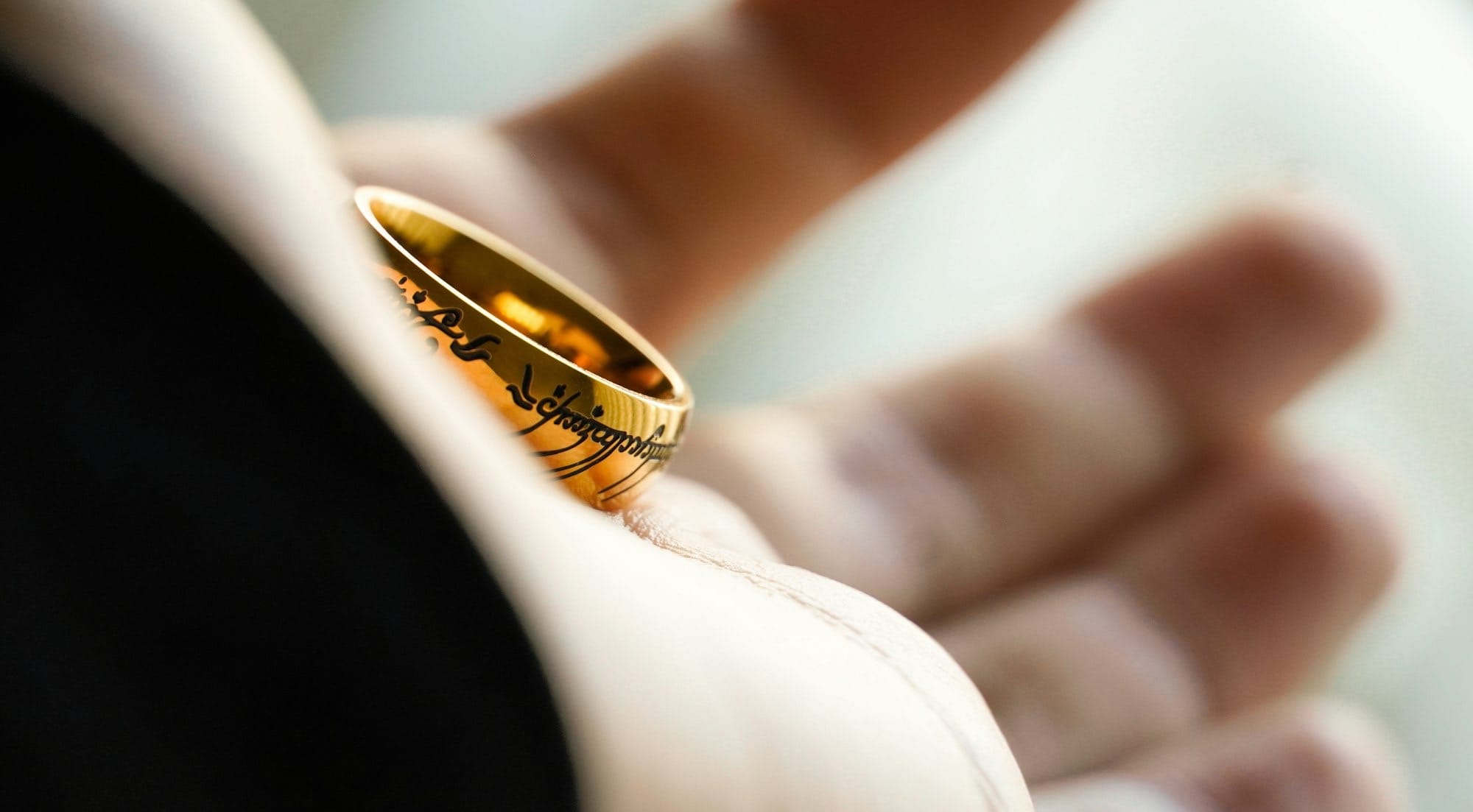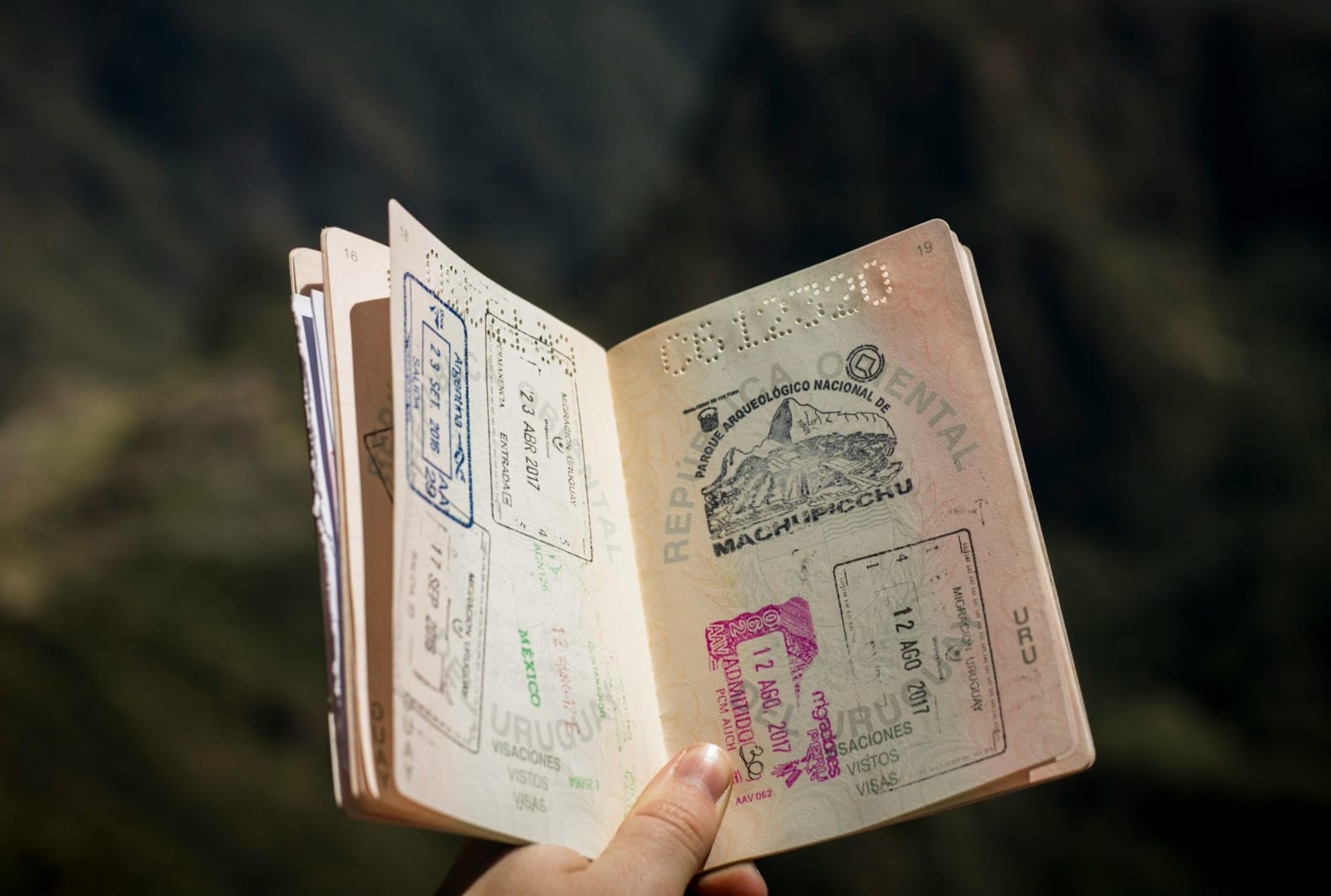What is Power? Part 1: Introduction
Power plays a huge role in human dynamics. But is it a good thing we should all be striving for? Or is it a corrupting force that's best we avoid?

Why are we told that “power corrupts” and that “absolute power corrupts absolutely”?
And why can’t we make up our minds whether “knowledge is power” or “money is power”. Is it both? And if so, how?
We speak of:
- “Those in power”
- “Power to the people”
- “Speaking truth to power”
- “Holding power in check”
- “The real power behind the throne”
We even speak of:
- “The power of love”
- “Being drunk on power”
Clearly power (whatever ‘power’ might be) plays a significant role in human dynamics, but we can’t seem to decide whether possessing power is a good thing or something that’s dangerous and corrosive.
So, should we be aiming to gain power, or should we be trying our best to avoid it?
Or is it a case of “all things in moderation”—including power? If so, what are the safe limits before someone becomes “drunk” on it?
Being ‘powerless’ and possessing power
What we do know is that we don’t like the idea of being power-less. That seems to imply helplessness, dependency and even being taken advantage of.
But if having no power leaves us vulnerable and having too much power supposedly corrupts us, how much power should we be aiming for?
When is enough power “just right”?
Who holds the power?
Perhaps it all depends on who possesses the power: is it ‘us’ holding it or is it ‘them’?
We generally feel OK if it’s ‘us’ who come into power, but if it’s ‘them’, we instinctively feel threatened—perhaps even wronged.
So maybe power is ‘good’ if it it’s used for us, but ‘bad’ if it’s used against us? If that’s the case, maybe the corruption we associate with power only occurs if ‘they’ possess it and ‘we’ find ourselves powerless? If so, what if the tables were turned?

Is power simply a tool?
Is power like a tool, then? Does it depends on how it’s used? If so, how could using a tool corrupt the person who uses it?
A knife, for example, can be used to slice vegetables or perform surgery, but it can also be turned against others.
The tool, itself, is neutral. But possessing such a tool alters what its possessor is capable of; it becomes an extension of them. In turn, this extended capacity alters the outcomes of any circumstances or opportunities the possessor find themselves in. To use an idiom: it swings the odds in their favour. This in turn may lead the possessor to imagine what they could do with such power, leading to new opportunities and circumstances.
But there’s more:
- It’s not just the knowledge of the possessor’s extended capacity that now influences their goals…
- …it’s also the knowledge of how the future outcomes of those goals have been altered.
A person may avoid walking alone down a dark street at night. But give them a trained German Shepherd, and they immediately feel empowered to walk down that street.
But that same knowledge of how future outcomes have changed can very easily evolve into “what can I now get away with” because of the power their new tool gives them.
Perhaps that’s why we have so many stories about objects of invisibility (rings, cloaks, helmets…), potions that give their drinkers untold strength, and secret weapons wielded by ‘evil geniuses’ with plans to take over the world.

But does that mean the tool itself is corrupt or corrupting? Or is it the power that the tool gives its possessor that corrupts them?
And what do we even mean by “corrupts”?
Power, corruption and things much deeper
When we think of corruption, we think of something that starts off ‘good’, ‘pure’ or ‘right’ but then becomes spoilt or ‘impure’. We’re obviously not talking about power producing some physical spoiling like mould or rust, so that would suggest we’re talking about an idea such as morality, or ‘good’ versus ‘evil’.
Can “possessing power” corrupt a ‘good’ person and turn them ‘evil’ then, as so many stories and films would have us believe? And what do we even mean by ‘good’ and ‘evil’?
There’s obviously a lot more to the question of “What is power?”
The relationship between ‘being good’ and gaining power
Just for the sake of argument, then, let’s pretend that we all agree on what ‘good’ and ‘evil’ actually mean. And let’s also pretend that we all agree with the premise that “power corrupts”. If those things are true, can it ever be possible for a ‘good’ person to possess absolute power without becoming absolutely corrupt?
If not, how much power is it safe for a good person to gain before they risk corruption? Or should we just assume that the more power someone has, the more corrupt they must be?
But if that’s the case, wouldn’t it imply that leaders, rulers and governments can never be ‘good’ unless they possess no power? (Which would presumably make ‘good’ people ineffectual leaders when it comes to getting things done.)
And if that is true, doesn’t it imply that a ‘good’ person (whatever that means) wouldn’t want to go into a leadership position or politics because they will either become corrupt or they’ll remain powerless? If so, wouldn’t that defeat the whole point of them going into leadership or politics in the first place?
And if it’s true that ‘good’ people would be less inclined to go into leadership or politics—or, if they do, would remain powerless in order to preserve their purity—what about the flip-side?
Would an ‘evil’ person (whatever that means) be more attracted to leadership positions or going into politics because they do not fear becoming corrupt?
If any of this is even partially true, wouldn’t it have sobering implications for the nature of government? It might certainly help explain many of the patterns we see ‘at the top’.

Power and our beliefs
Now let’s pretend that we all agree that ‘good’ and ‘evil’ don’t exist other than as social constructs. This presents us with a separate set of implications which we can illustrate by considering two different individuals:
- Person A:
Person A believes that ‘good’ and ‘evil’ exist as independent realities, that it is better to be ‘good’ than ‘evil’, and that ‘being good’ gets rewarded (e.g. by karma or God) whilst ‘being evil’ gets punished. - Person B:
Person B does not believe such things. Instead they believe people make their own choices and must simply be prepared to live with any consequences of their choices.
Whereas the Person B has no belief that could interfere with their choice to go into leadership or politics, Person A may find themselves thinking long and hard as to whether the assumed risk of corruption is worth it.
Person B therefore encounters less self-resistance compared to Person A when considering leadership or politics as a future, which suggests we would be more likely to find people who lack belief in ‘good’ and ‘evil’ in positions of leadership or politics. To put it another way, we’d see more amorality amongst those with power.
So whether ‘good’ and ‘evil’ really exist, or whether they are simply social constructs, we discover that belief in their existence will likely affect who is more likely to go into leadership or politics and what choices someone might make if they get there. We might even predict that individuals who self-identify as ‘good’ will be less likely to be found than individuals who could be described as ‘amoral’.

Opportunities, consequences and power
There’s an interesting follow up to this example, and again it involves the person’s belief. But this time it’s the belief of Person B.
If Person B believes that:
“people must simply be prepared to live with any consequences of their choices”
wouldn’t gaining more power mitigate any negative consequences they might face from their choices, at least in terms of consequence that come back on them? If their increasing power gave them influence over the decisions of a journalist, police officer, judge, for example?
Wouldn’t this make it less consequential for Person B to make ‘evil’ choices if they wanted to? Such choices might not even be available to someone with less power, such as someone who self-identifies as ‘good’.
Perhaps, then, it is here that the seeds of corruption through power get sown. It suggests that our personal beliefs about morality interact with power in profound ways that could directly influence our own potential for corruption.
Different types of power
There’s clearly different types of power too. Someone might possess the power to travel to another country because they can afford to purchase an airplane ticket and have all the correct paperwork.
There are multiple types of power wrapped up in this one example. There’s the technological power of flight, the economic power of money… and the power wielded by some authority capable of allowing or preventing someone from travelling abroad based on criteria the authority sets and the traveller must meet.
Whoever can choose to allow or prevent a traveller from carrying out their individual intention to travel patently has some form of power over them.

Power over others
Indeed, many of the most pressing questions the human race faces today involve notions of power over others, and given our earlier discussions regarding the relationship of power to ‘good’ and ‘evil’, we shouldn't be surprised that such issues are invariably contentious.
Consider the following questions, and how you might answer them:
- Should leaders have power over those they lead?
- Should “the State” have power over its citizens?
- Should “the people” have power over their leaders?
- Should one country have power over another?
- Should one race have power over another?
- Should the more successful in society have power over the less successful?
- Should the more intelligent have power over the less intelligent?
- Should the stronger have power over the weaker?
- Should the military have power over the civilian?
- Should the police have power over the public?
- Should experts have power over the layperson?
- Should doctors have power over their patients?
- Should adults have power over children?
- Should parents have power over their children?
- Should schools have power over their pupils?
- Should a cruel person have power over a kind person?
- Should a kind person have power over a cruel person?
- Should any group have power over another group?
As we worked our way through the questions above, we may have had an intuition for what sort of answer feels right, even if we can’t explain why. Whether we would all universally agree is another matter entirely.
We might even have found ourselves contextualising or qualifying some of the questions, telling ourselves: “It depends.” The questions themselves are phrased in such a way that they demand a “yes/no” answer, but it doesn’t feel it’s as straightforward as that, does it?

So if we were asked to distil those personal intuitions into a ‘rule of thumb’ about who should have power over whom, could we articulate that rule to others?
Our first task would be to find a single question that captures all the individual questions above. What’s the common theme?
Such a question might look like this:
Who (if any) should “have power” over whom, and why?
Notice that our new question has got rid of the need to answer with a “yes” or “no”, so we can add all the contextualising and nuances we want.
So, then, how would we answer this question? Would someone be able to take our answer and then apply it to a completely new example they might encounter (e.g. “Should a covert agency have power over what people can say and view in the open?”, “Should an unelected supranational organisation have power over the citizens of nations that democratically elect their leaders?”).
The battle between ‘right’ versus ‘wrong’
What makes our attempts to answer questions about power over others so intriguing is that they frequently invoke abstract (but often poorly defined) concepts such as ‘freedom’ versus ‘oppression’, ‘right’ versus ‘wrong’, and ‘good’ versus ‘evil‘.
The framing we use to express such power dynamics may differ according to our own personal background, culture and belief system, but the idea that there’s some fundamental relationship between an ‘either/or’ absolute seems hard to shake:
- good/bad
- justice/injustice
- right/wrong
- light/darkness
- order/chaos
In all such notions, power appears to act as a mediator between the two sides of the binary, so that if one side of the binary has more power, it automatically reduces the power of the other. Are we looking at a case of balance and harmony, or victory of one over another?

Such notions appear to resonate across so many cultures, with so many people, that we would be remiss not to investigate this relationship further, especially given their relationship to power. Are these absolute binaries just vestiges of a more superstitious past, or is it evidence of some universal truth that’s still applicable for the present time? Or could it be that they’re just useful metaphors that enables us to make sense of the power dynamics we see around us?
Before we can address such deeper questions, we’re first going to need to answer a far more basic one:
“What is power?”
So that’s where we’ll begin in Part 2: Definitions.
Be ready to gain some penetrating insights into the mysteries of power, how it affects us today, and what we can do to resist the power that others use against us. Because, as they say, knowledge is power.

